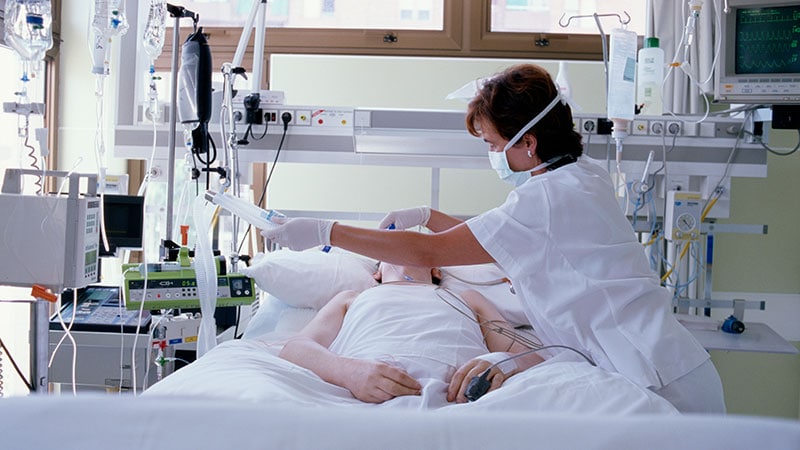A Patient-First Approach May Improve Care in Type 2 Diabetes
TOPLINE:
The QBSAFE agenda-setting kit (ASK) is a novel patient-centric approach to diabetes care that has feasible study procedures and is well accepted by patients with type 2 diabetes and their clinicians.
METHODOLOGY:
- Current diabetes guidelines are more focused on glycemic control, but this approach does not alleviate the treatment and disease burdens or improve the quality of life for patients with type 2 diabetes.
- The QBSAFE ASK is a set of 14 conversation cards that aim to shift the paradigm of diabetes care so that it is more patient-centric by encouraging conversations and collaborative problem-solving between patients and clinicians.
- The feasibility of study procedures and acceptability of the QBSAFE ASK in practice were assessed in this single-arm intervention trial that included 85 patients with diabetes (mean age, 63 years; 43.5% women) and seven clinicians.
- Feasibility was evaluated by assessing the length of time taken to enroll all participants, the proportion of those approached who agreed to participate, and the percentage of participants who finished the study procedures.
- Acceptability was assessed via a three-question survey after a clinical encounter.
TAKEAWAY:
- The study team finished enrolling all participants (patients and clinicians) within 145 days, with a majority of patients with type 2 diabetes completing all study procedures (68.2%) and agreeing to have their clinical visit recorded (77.7%).
- The QBSAFE ASK was well accepted by patients. Among the 68.2% of patients who completed the study procedures:
- 63.8% agreed that QBSAFE ASK helped them discuss their situation with clinicians.
- 77.6% agreed that others could benefit from this tool.
- 37.9% said that they would use it again on their next visit.
- In 69 encounters for which clinicians completed surveys, most clinicians felt confident answering questions from their patients and said that they would use the kit again and recommend it to colleagues.
- The use of QBSAFE led to clinicians asking more detailed questions, occasionally altering the course of treatment; however, this did not significantly affect the duration of clinical encounters.
IN PRACTICE:
"Our findings suggest that the QBSAFE ASK may be an effective intervention that prioritizes individuals' concerns and leads to productive conversations about how to solve them," the authors wrote.
SOURCE:
This study was conducted by Shanzay Haider, Section of Endocrinology, Yale University School of Medicine, New Haven, Connecticut, and published online in Clinical Diabetes.
LIMITATIONS:
The impact of the QBSAFE ASK plus usual care practices could not be compared with that of usual care practices alone due to the study's single-arm design. The COVID-19 pandemic happened at the beginning of the trial, which led to delayed recruitment. Most of the participating clinicians were specialists and may have felt more comfortable addressing diabetes-specific concerns at an individual level. Also, most of the participating patients with diabetes were established patients and tended to be in an older age group.
DISCLOSURES:
This study was supported by grants from the National Institutes of Health, National Institute on Aging, and National Institute of Diabetes and Digestive and Kidney Diseases. The authors declared no conflicts of interest.


 Admin_Adham
Admin_Adham


